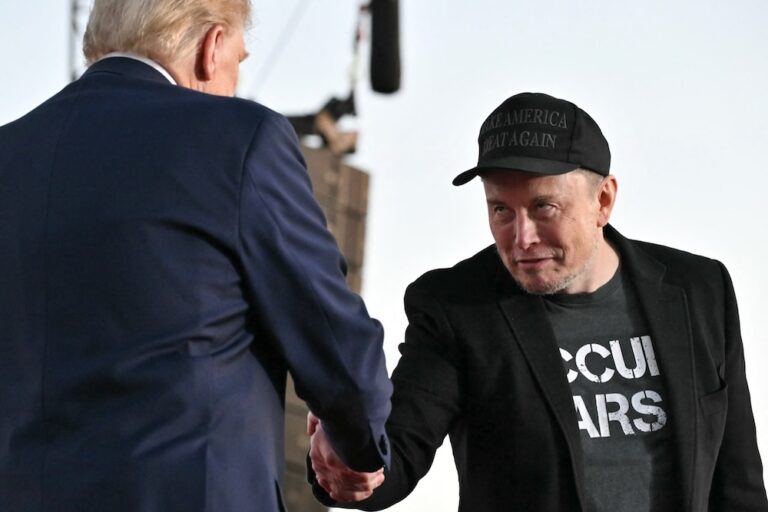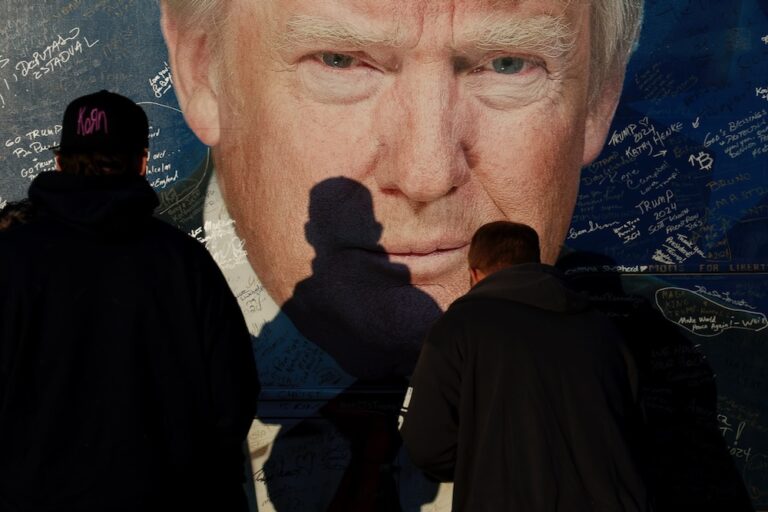(RSF/IFEX) – On the eve of the fifth anniversary of the arrival of the first detainees at the US military base at Guantánamo Bay in eastern Cuba, RSF has reiterated its call for the release of Sami Al-Haj, a Sudanese cameraman with the Qatar-based satellite television station Al-Jazeera, who has been held without charge since […]
(RSF/IFEX) – On the eve of the fifth anniversary of the arrival of the first detainees at the US military base at Guantánamo Bay in eastern Cuba, RSF has reiterated its call for the release of Sami Al-Haj, a Sudanese cameraman with the Qatar-based satellite television station Al-Jazeera, who has been held without charge since 13 June 2002.
Several hundred people who had been captured by the US army during “Operation Enduring Freedom” in Afghanistan were transferred to Guantánamo Bay on 11 January 2002, thereby inaugurating a tropical gulag which altogether has received some 770 prisoners including Al-Haj.
“The US Supreme Court’s June 2006 decision that it would be illegal to try ‘enemy combatants’ held at Guantánamo before military tribunals has unfortunately in no way changed the situation of the detainees, who for the most part are being held without any grounds in the most appalling conditions,” RSF said.
“The release of about 30 detainees in the last quarter of 2006 does nothing to diminish the legal and humanitarian outrage for which a democratic country has been responsible for the past four years,” the press freedom organised continued. “We hope the new majority installed in Congress on 4 January will tackle this issue quickly and make the government close down the camp.”
Arrested by the Pakistani army on the Afghan border in December 2001 and then handed over to the US military, Al-Haj was forced to confess to supposed links between Al-Jazeera and Al-Qaeda. He has been interrogated more than 150 times and has repeatedly been tortured (including prolonged exposure to the tropical sun, water-boarding and sleep deprivation).
Ill and denied any contact with his family since his arrest, Al-Haj spoke for the first time of his desire to kill himself when he received a visit from his lawyer, Clive Stafford-Smith, in April 2006. He is accused without any evidence of interviewing Osama Bin Laden and trafficking in arms for Islamist terrorists. His case is typical of many of those held at Guantánamo.
A White House directive of 7 February 2002 declared that Geneva Convention provisions for prisoners of war did not apply to the Guantánamo detainees, thereby placing them outside of any legal framework. After a long legal battle, the US Supreme Court ruled on 29 June 2006 that it would be unconstitutional for them to be tried by military tribunals.
The February 2002 presidential directive was rescinded two weeks later, on 12 July 2006, but Congress legalised the tribunals on 28 September and introduced new clauses preventing the detainees from challenging their detention before they are tried and banning any prosecution of their jailers. On 17 October, another law authorised the use of torture.
According to Agence France-Presse, the government plans to try between 60 and 80 of the 395 detainees currently held at Guantánamo. Al-Haj’s lawyer, Stafford-Smith, told RSF he did not know if his client is among those who are going to be tried.
He told RSF: “The prisoners are almost all very down, for predictable reasons: They have been held for five years without any prospect of a fair trial. Contrary to what the military say, the conditions now are worse than they have ever been, worse than any death row I have ever been to, and I have seen many in 20 years of representing prisoners sentenced to death in the USA. Most are now held in solitary confinement, with nothing to do all day.”


